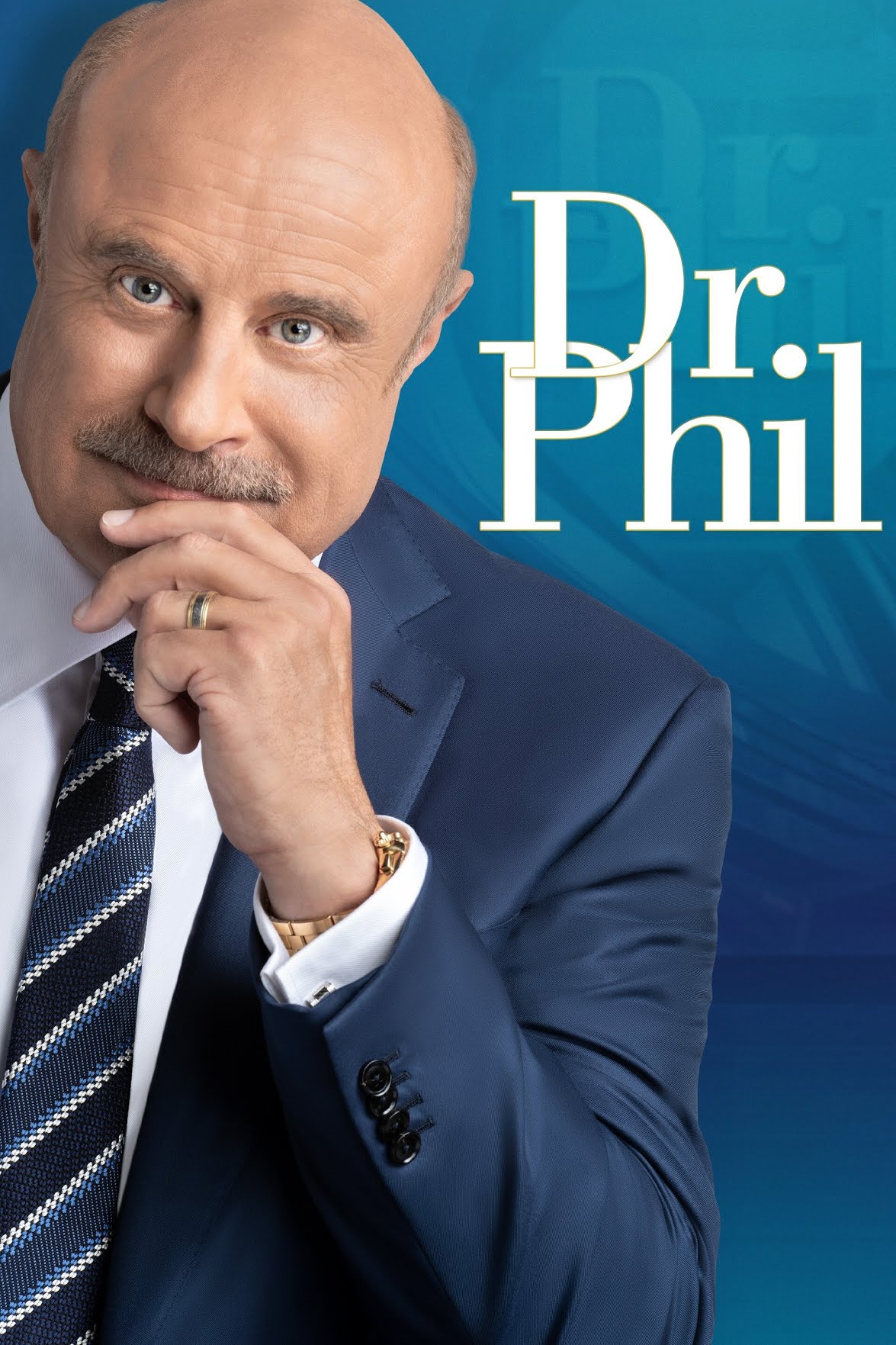“Exploiting the Mentally Ill: The Controversial Practices of ‘Dr.
Phil’ Revealed”
The Dutch reality TV show “De Grote Donorshow” raised eyebrows as dialysis patients competed for a kidney transplant, leaving viewers to decide who deserved to live.
Although the show ultimately provided each contestant with a kidney, the ethical implications of using life-saving procedures as entertainment were undeniable.
While American television has yet to reach such extreme levels, the popular talk show “Dr. Phil” has come under scrutiny for its treatment of mentally ill guests.
Hosted by Phil McGraw, the show presents itself as a form of therapy, despite McGraw lacking a license to practice as a therapist.
Instead, he offers personal observations and asks profound-sounding questions in an attempt to therapize his guests.
Although most episodes don’t raise concerns, there have been instances where apparent cases of mental illness were showcased.
One episode featured a girl plagued by paranoid delusions, believing she was being pursued by terrorists and targeted with poisonous gasses.
The question arises: why allow someone struggling with mental health issues to expose themselves on national television?
In an interview with ABC News, McGraw was asked if he would encourage a patient to go on a TV show to discuss their problems.
Surprisingly, he responded positively, stating that he would support it if it were his own show.
This raises concerns about the potential harm caused by exposing personal struggles to a broad audience.
Furthermore, some guests on “Dr. Phil” have accused McGraw of bullying tactics, taking advantage of the crowd’s support to dissect their issues in a confrontational manner.
This approach seems counterproductive when dealing with individuals suffering from delusions or other psychological disorders.
It raises questions about the true intentions of the show and whether it aims to provide genuine help or simply entertain at the expense of vulnerable individuals.
To shed light on the matter, let’s consider a hypothetical dialogue on the show.
Imagine a guest who is paralyzed due to a motor accident being confronted about the impact of their condition on their family.
The host pushes them to acknowledge their selfishness and implies that their condition is a charade.
The guest eventually apologizes, leading to a distressing display of personal vulnerability.
Now, replace physical paralysis with clinical depression or paranoid schizophrenia, add in wisecracks from the host, and a crowd eager for entertainment.
These are the episodes that raise significant concerns.
It’s unsettling to think that people might tune in to watch someone with terminal cancer being steamrolled, finding amusement in their suffering.
This raises an important ethical question: should emotionally wounded individuals be subjected to pseudo-clinical advice for the sake of entertainment?
While Dr. Phil insists he is not providing therapy, his approach often resembles it, with moments of divergence when seeking praise or stirring up the crowd.
Unfortunately, guests on the show seldom leave feeling empowered or ready to face the world.
Instead, they are often portrayed as deeply wounded individuals embarrassing themselves on national television, with Dr. Phil playing a role in this public spectacle.
The consequences of this “non-therapy” can be devastating, as it exposes vulnerable individuals to public scrutiny and judgment.
Mental health clinicians emphasize the importance of protecting and caring for those suffering from mental health disorders, advocating for more than what shows like “Dr. Phil” offer.
In conclusion, the practices of “Dr. Phil” raise serious ethical concerns regarding the exploitation of the mentally ill for the sake of entertainment.
The show blurs the line between therapy and spectacle, potentially causing harm to vulnerable individuals.
As society, we must prioritize the well-being and dignity of those struggling with mental health disorders, providing them with the care and support they truly deserve.































